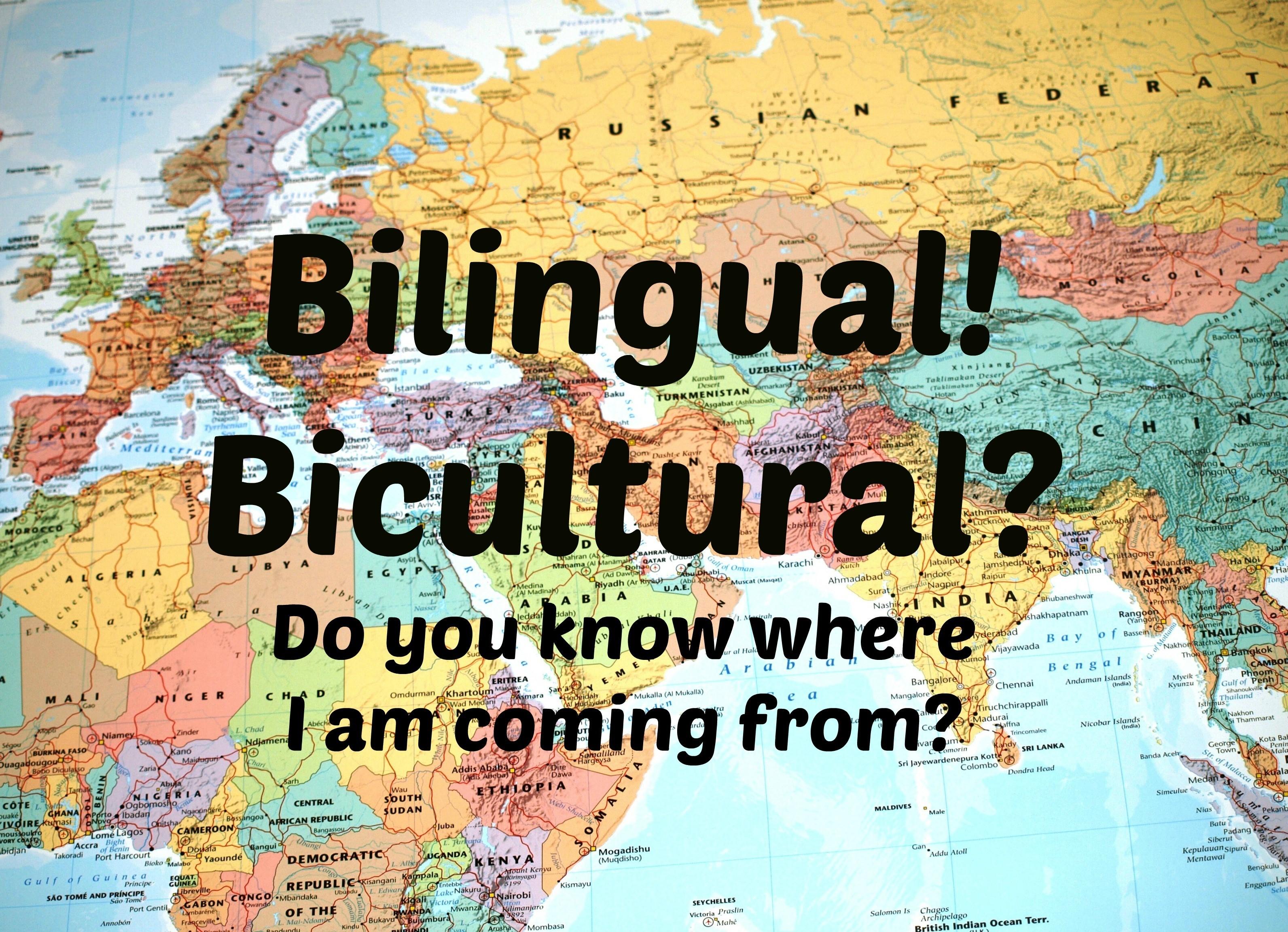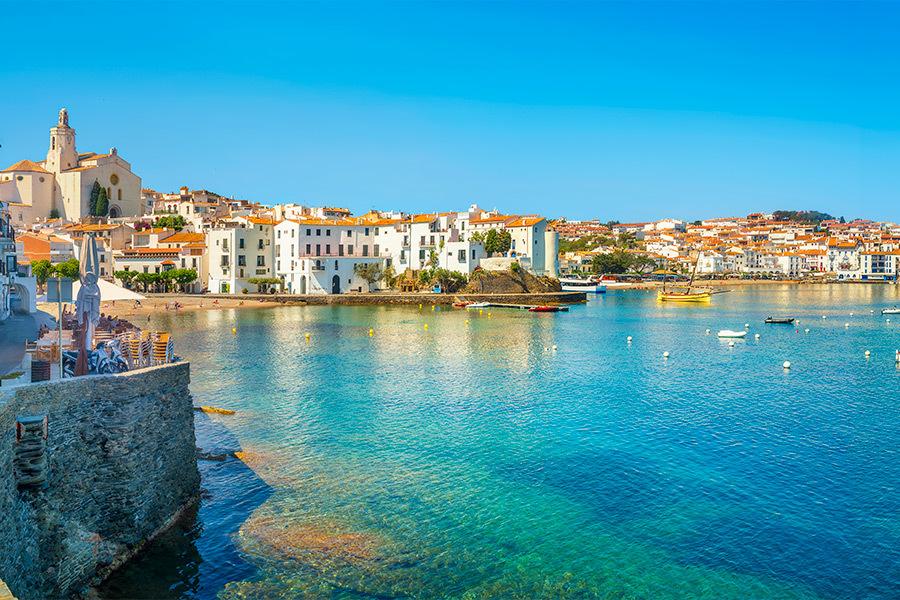In the myriad tapestry of European cultures, each nation holds a mirror to its peculiarities, virtues, and contradictions. Spain, with its vibrant colors, passionate flamenco, and rich history, is no exception. Nestled in the heart of this cultural effervescence, there lies an intriguing phrase that has often crossed the lips of its people — ”‘Spain is different’.” Uttered in English, even amidst conversations flowing in rapid, melodious Spanish, this statement transcends the boundary of mere words to reflect a complex ballet of pride, frustration, and introspection. But why do Spaniards, renowned for their profound national pride and deep-seated cultural identity, choose a foreign language to express their critique of their own homeland? This article embarks on a journey to unravel the layers behind this fascinating phrase, exploring its origins, the sociopolitical and economic contexts that give it weight, and what it reveals about the Spanish psyche in a globalized world. Join us as we navigate through the nuances of this distinct expression, delving into the heart of what makes Spain, quite emphatically, different.
<img class=”kimage_class” src=”https://thingstodobenidorm.com/wp-content/uploads/2024/05/photo-1598579441576-353c5de45a2f.jpg” alt=”Unwrapping the Enigma of “Spain is Different””>
Unwrapping the Enigma of “Spain is Different”
Peeling back the layers of this customary expression reveals a complex blend of humor, self-deprecation, and critique deeply embedded in the Spanish psyche. When Spaniards utter “Spain is different” in the midst of a conversation, especially in English, it transcends mere words to encapsulate a multifaceted cultural acknowledgment. This phrase, often delivered with a wink and an understanding nod, serves as a bridge between acknowledging Spain’s unique quirks and a subtle critique of its idiosyncrasies. From the siesta tradition that still puzzles many to the notorious bureaucratic tape, the phrase is a shorthand for the charming yet frustrating aspects that make Spain distinctly itself.
The reasons Spaniards resort to this phrase in English, particularly when critiquing their own country, are as variegated as the country’s rich history and landscape. Fundamentally, it strikes a chord of shared understanding amongst English speakers, offering a succinct explanation for what might seem unfathomable behaviors or systems to outsiders. Below is a simplified table showcasing just a few instances where ”Spain is different” might come into play:
| Aspect | Description | Why “Spain is Different” |
|---|---|---|
| Siesta Culture | Midday break extending up to 2-3 hours. | Unique work-life balance unheard of in many cultures, leading to perplexity and admiration. |
| Bureaucracy | Notoriously slow and complicated administrative processes. | A source of frustration for both locals and expats, symbolizing patience and complexity. |
| Festivals | Colorful, often wild celebrations unique to each region. | Reflects Spain’s rich cultural tapestry and the importance of tradition and community. |
This linguistic and cultural phenomenon is not merely about highlighting how Spain diverges from other places; it’s a loving, if sometimes exasperated, recognition of its peculiarities. Whether it’s a conversation among expats or a moment of national self-reflection, saying “Spain is different” in English punctuates an acknowledgment of a country that proudly dances to its own rhythm.
Decoding a Bicultural Critique: Between Tradition and Change
The expression “Spain is different” often rings in the air, wrapped in a cloak of irony and a hint of bemusement, especially when uttered by Spaniards themselves. It emerges, not from a vacuum, but from a deeply interwoven tapestry of historical peculiarities, vivid cultural landmarks, and ongoing societal shifts. This phrase encapsulates a unique form of bicultural critique that balances, precariously, between an embrace of enduring traditions and an acknowledgment of the need for change. It’s a testament to the country’s journey through time, marked by the scars of dictatorship, the vibrant strokes of its artists, and its current grappling with modern identity.
In dissecting the layers behind why Spaniards might invoke this phrase in English, it becomes evident that it serves as a bridge for dialogue—both with the self and with the wider world. Through a candid admission encapsulated in “Spain is different,” there’s an implicit understanding that while distinct, this difference is not immune to critique. It beckons a closer look into specifics:
- The complexity of regional identities within Spain, from the Basque Country’s fierce independence to Catalonia’s push for secession.
- The enduring charm and challenge of Spain’s deep-rooted traditions versus the pressures of global modernity, evident in everything from La Tomatina to the heated debate over siesta hours in a 24/7 economy.
It’s a nod to the fact that understanding Spain—and by extension, any nation’s uniqueness—requires more than superficial engagement. It demands a deep dive into the essence that makes a country stand out, for better or worse, in the global tapestry.
Navigating Through Discontent: A Path to Constructive Criticism
Embarking on a journey through the labyrinth of critique, particularly when addressing the nuances of cultural or national characteristics, demands a finesse akin to tightrope walking. Spanish individuals, when using the phrase “Spain is different“ in English to underscore their points of criticism about their country, are engaging in a form of constructive criticism that is both a nod to an international audience and a nuanced acknowledgment of unique cultural idiosyncrasies. This bilingual choice serves to cushion the blow of the critique, transforming it into a conversation starter rather than a confrontational statement. The utilization of English, a globally understood language, invites a wider audience into the fold, encouraging a dialogue that transcends linguistic barriers. This strategic approach not only sheds light on specific areas of discontent but also highlights the global relatability of such issues, thereby fostering a sense of shared understanding and, potentially, solutions.
Moreover, the act of choosing English as the medium for expressing discontent opens up a plethora of opportunities for constructive criticism to flourish. By stating ”Spain is different“, Spaniards are implicitly suggesting a comparison with other nations, thereby indirectly inviting a reflective analysis on what these differences entail. This comparative framework can be especially enlightening when dissected across various dimensions, such as economic policies, social norms, or even everyday practices. To elucidate, consider the following simplified table highlighting areas often critiqued, alongside potential international parallels that may arise in such conversations:
| Aspect of Critique | Spain’s Situation | Potential International Parallel |
|---|---|---|
| Economic Policies | High Unemployment Rates | Similar challenges in Greece |
| Social Norms | Extended Siesta Times | Flexible work hours in Sweden |
| Everyday Practices | Late Dining Hours | Nocturnal dining in New York City |
This comparative analysis does not merely spotlight differences but encourages a deeper dive into understanding the reasons behind these disparities and, importantly, the lessons that can be learned. Thus, when Spaniards say “Spain is different” in English, it is an invitation to explore, understand, and eventually bridge gaps — not just between Spain and the rest of the world, but between the present state and a more harmonious global community. In focusing the lens of critique through constructive and comparative means, we uncover a path to mutual growth and understanding, celebrating differences as avenues for global enrichment.
Embracing Diversity, Fostering Improvement: Steps Forward for Spain
In the heart of every critique lies an opportunity for growth, a principle that rings especially true when it comes to Spain’s relationship with diversity and the quest for continuous improvement. The phrase “Spain is different” is echoed not merely as a reflection of its unique cultural tapestry but as a beacon calling for a richer, more inclusive society. It’s a recognition that within Spain’s distinctiveness lies untapped potential for embracing diversity at every level—from government policies to everyday social interactions. This realization paves the way for deliberate steps towards fostering an environment where diversity is celebrated and inclusivity is woven into the fabric of society.
| Action | Goal | Expected Impact |
|---|---|---|
| Enhance education on cultural sensitivity | To broaden understanding and acceptance | A more inclusive educational system |
| Implement more inclusive hiring practices | To reflect a diverse workforce | Increased workplace diversity |
| Promote multicultural events | To celebrate diversity | A stronger sense of community |
As Spain continues to navigate the challenges and opportunities presented by its diversity, the steps it chooses to take will define its path forward. By actively promoting policies and practices that prioritize inclusivity, Spain not only enriches its social and cultural landscape but also sets a powerful example for other nations. The phrase “Spain is different” can thus evolve to symbolize a nation that not only acknowledges its diversity but champions it, transforming critique into a catalyst for positive change.
Concluding Remarks
As we meander through the vibrant landscapes and colorful streets of Spain, a phrase often whispered amongst the locals lingers in the air, carrying a weight of nuanced sentiments — “‘Spain is different’.” This simple yet profound statement, usually articulated in the universal language of English, is a testament to the complexity of the Spanish psyche and its relationship with its own cultural and social intricacies. It’s not just a critique but a declaration of identity, an acknowledgment of the unique tapestry of life that makes Spain distinctly itself amidst a world of globalized uniformity.
As we’ve explored through the eyes and voices of those who breathe life into its cities and countryside, this phrase encapsulates a myriad of meanings, from fondness and frustration to pride and perplexity. It showcases Spain’s journey through time, its battles with modernity while clinging to tradition, and its ongoing conversation with the world and itself about what it means to be Spanish in today’s global village.
In closing, the echoes of “‘Spain is different'” serve not merely as a critique but as a bridge between cultures, inviting those from afar to lean in closer and understand the enigmatic beauty that lies within Spain’s borders. It challenges us to look beyond the clichés and stereotypes, urging us to embrace the complexity of a country that refuses to be neatly boxed in by conventional expectations. In essence, it’s a whisper from Spain to the world, reminding us that in its differences lie its charm, its challenges, and ultimately, its vibrant soul.



